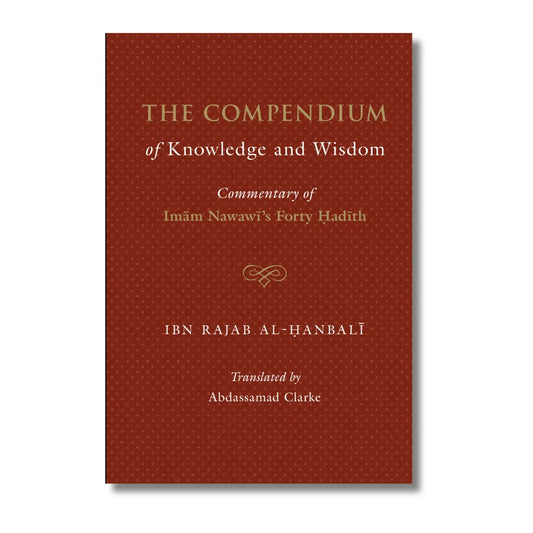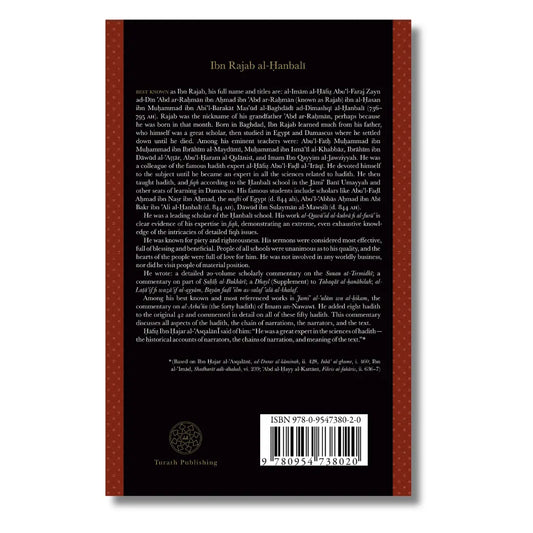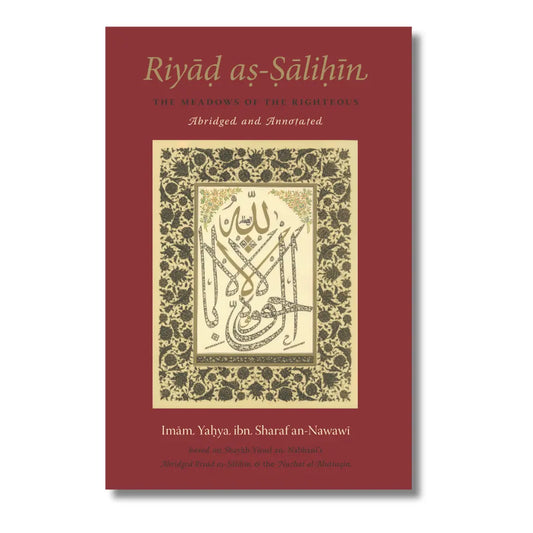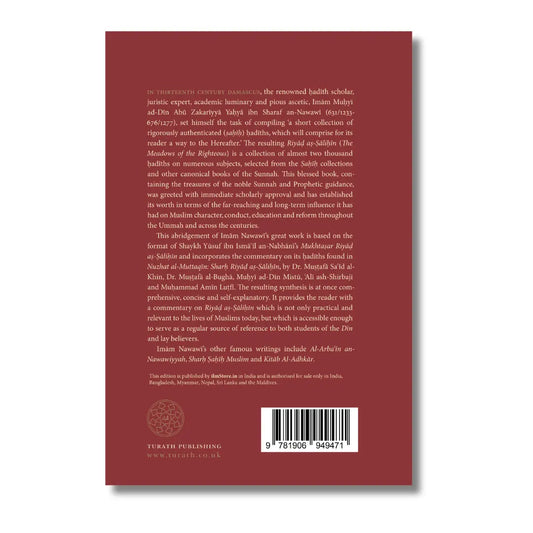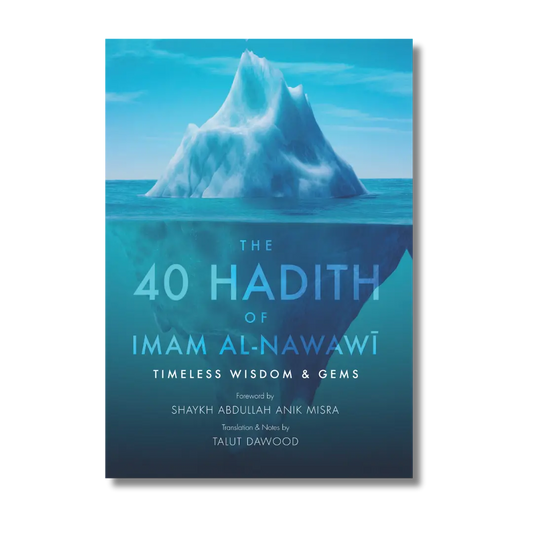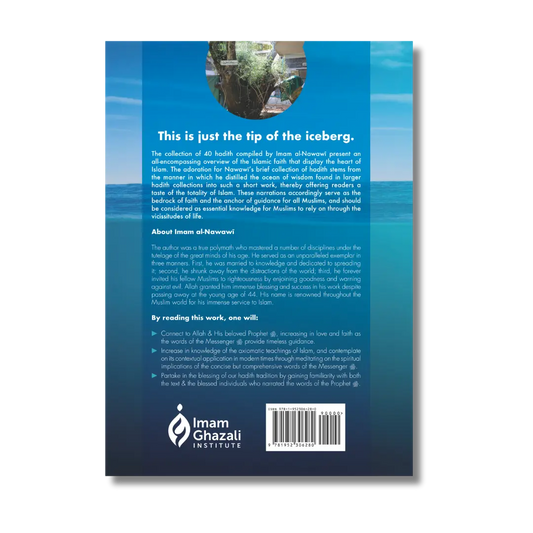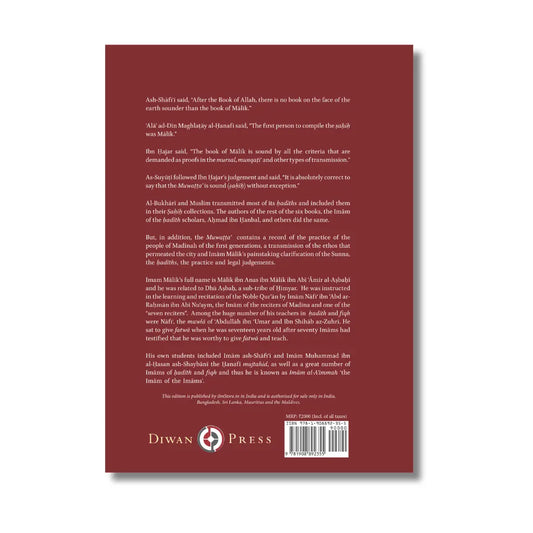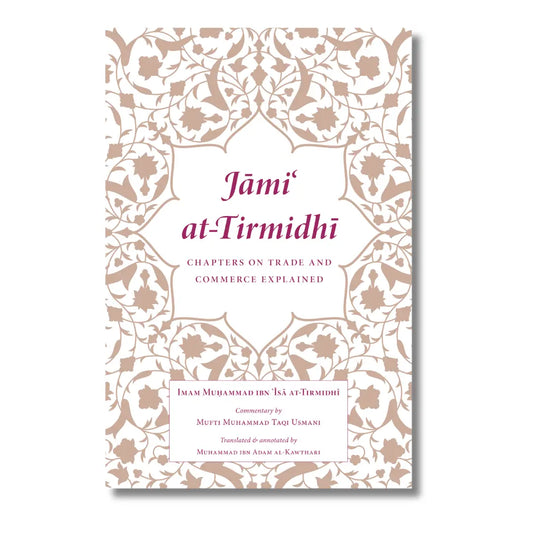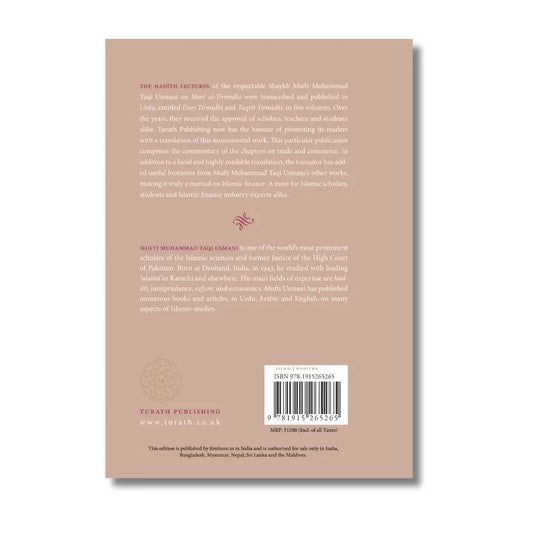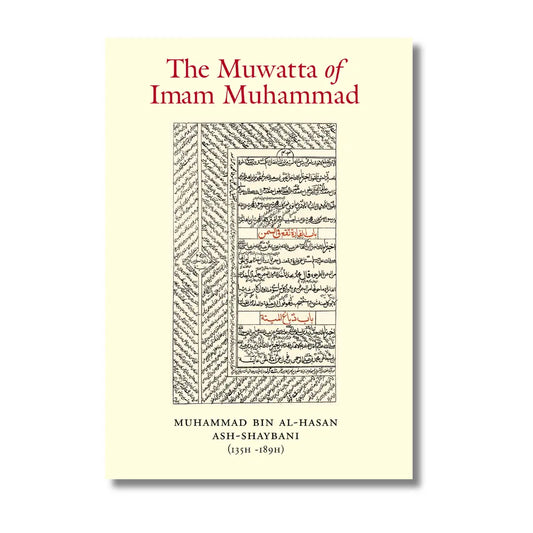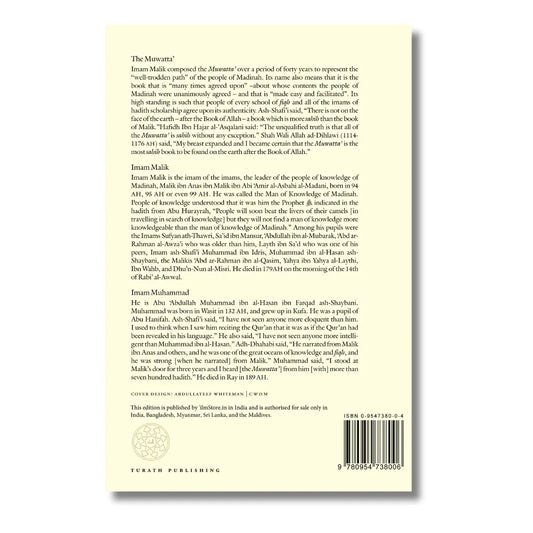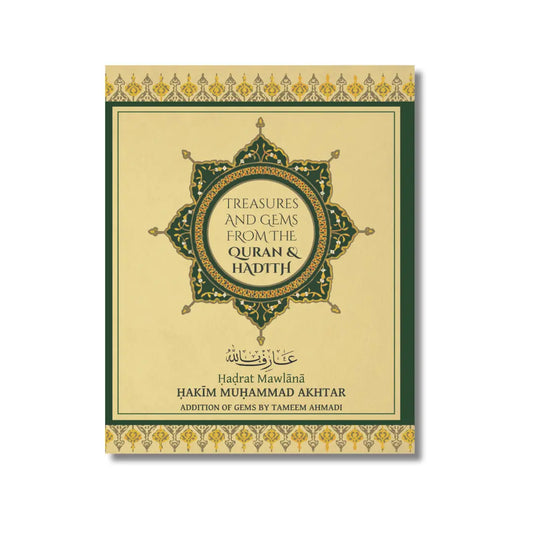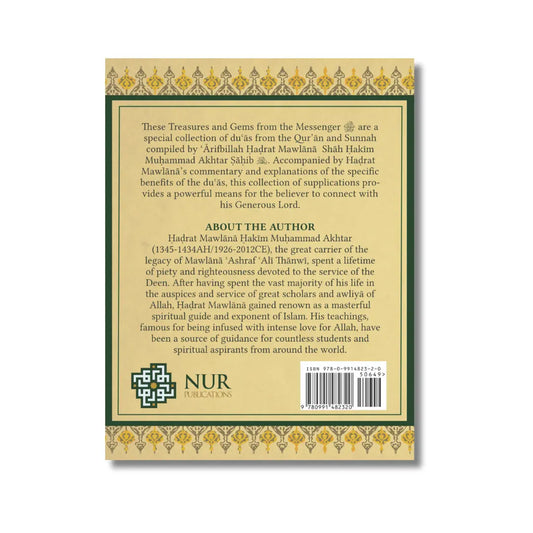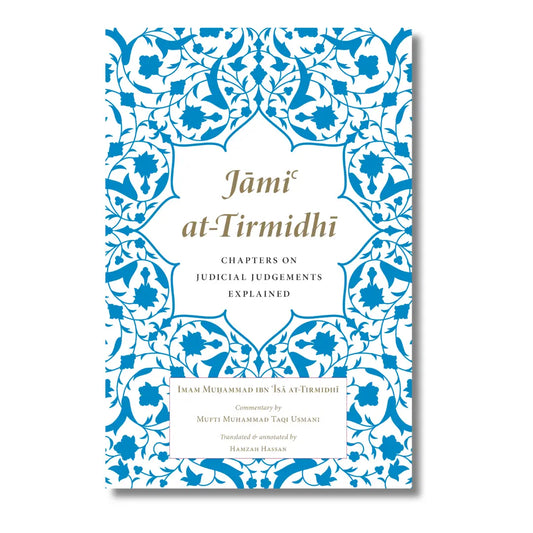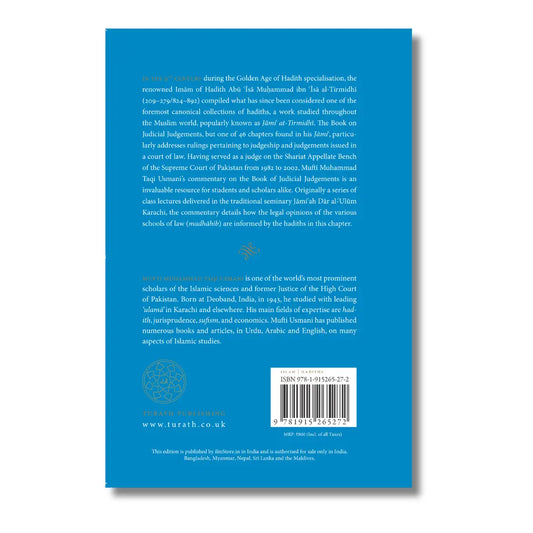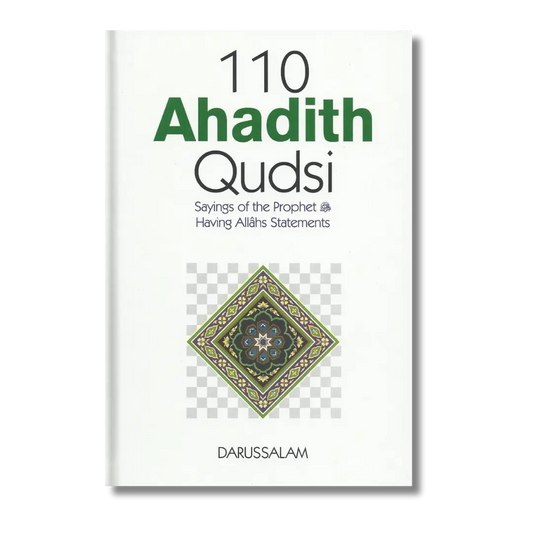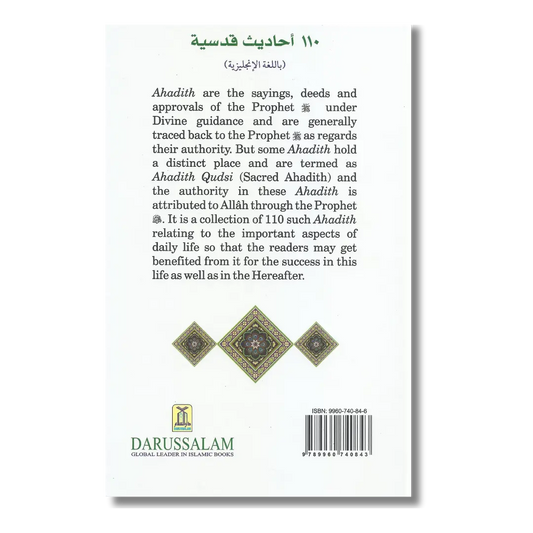
Hadith & Sunnah
Access authentic collections of Prophetic traditions with our carefully curated Hadith books. Featured works include Riyad as-Salihin by Imam Nawawi and Al-Muwatta of Imam Malik, brought to you through respected publishers like Turath Publishing. Essential resources for studying the sayings and practices of Prophet Muhammad ﷺ.
Frequently Asked Questions
1. What is included in the Hadith & Sunnah collection on ilmStore?
The Hadith & Sunnah collection comprises books that focus on the sayings, actions, and approvals of Prophet Muhammad (peace be upon him) – which collectively are known as Hadith and Sunnah. In this collection, you’ll find authentic hadith compilations like Riyad as-Salihin, 40 Hadith of Imam Nawawi, or even comprehensive collections (Sahih al-Bukhari, Sahih Muslim, etc.) in English translation. There are also books that explain hadith, such as commentaries on the 40 Hadith, or topical hadith collections (for example, a book gathering hadiths about manners, or du’as). Essentially, if it’s related to the Prophet’s teachings and traditions, it’s in this collection.
2. Are the hadith books in this collection authentic?
Yes, ilmStore emphasizes authentic sources. The major compilations present are the well-known reliable ones. For instance, Riyad as-Salihin by Imam Nawawi is a respected compilation of authentic hadiths on virtues and ethics. Al-Muwatta of Imam Malik and others in the collection come from renowned scholars of the past. When you read these, you can trust that they come with proper chains of narration and have been vetted by scholars. Many of the translations available (like those published by Darussalam or Turath Publishing) also include notes on the authenticity of each hadith. So you’re getting genuine teachings of the Prophet.
3. I’m a beginner – can I start reading hadith from these books easily?
Certainly. Some books in the Hadith collection are very beginner-friendly. For example, Nawawi’s 40 Hadith is often recommended as a starting point – it contains forty-two concise but foundational hadiths that cover many core teachings of Islam. Each hadith is usually explained in simple terms by translators or commentators. Riyad as-Salihin is another good one for general reading, organized by topic (like patience, charity, etc.), so you can read a chapter that interests you. If you’re concerned about understanding, you might choose an edition that has commentary. There are versions of these books where scholars have added footnotes or commentary to clarify meanings. Starting with those will help ease you into the language and context of hadith.
4. Why is it important to read Hadith & Sunnah, not just the Qur’an?
The Qur’an is the primary holy text in Islam, but the Hadith and Sunnah are crucial for understanding the Qur’an and practicing Islam properly. The Sunnah (the way of the Prophet) provides practical examples of how Prophet Muhammad implemented the Qur’an’s teachings. For instance, the Qur’an instructs Muslims to pray, but it is the hadith that teach us the method and timing of the prayers in detail. By reading hadith, we get insight into the Prophet’s character, how he dealt with various situations, and detailed guidance on worship, ethics, and law. In essence, the Hadith & Sunnah literature is the second source of Islamic knowledge that complements the Qur’an. Studying it helps one follow the Prophet’s example more closely in daily life.
5. Are there any hadith books in this collection specifically for advanced study?
Yes, for those interested in deeper or more advanced study, the collection includes more comprehensive works. For example, you might find multi-volume translations of Sahih al-Bukhari or Sahih Muslim, which are more detailed and include a large number of narrations. There are also scholarly works like “The Compendium of Knowledge and Wisdom” (a commentary on Nawawi’s 40 Hadith) for those who want analysis. Another is “Bulugh al-Maram” (a hadith collection on Islamic law topics). These advanced texts are excellent once you have the basics down and want to delve further or if you’re studying Islamic sciences formally. They provide richer context, multiple narrations on a single topic, and sometimes discuss how scholars derived rulings from those hadiths.
